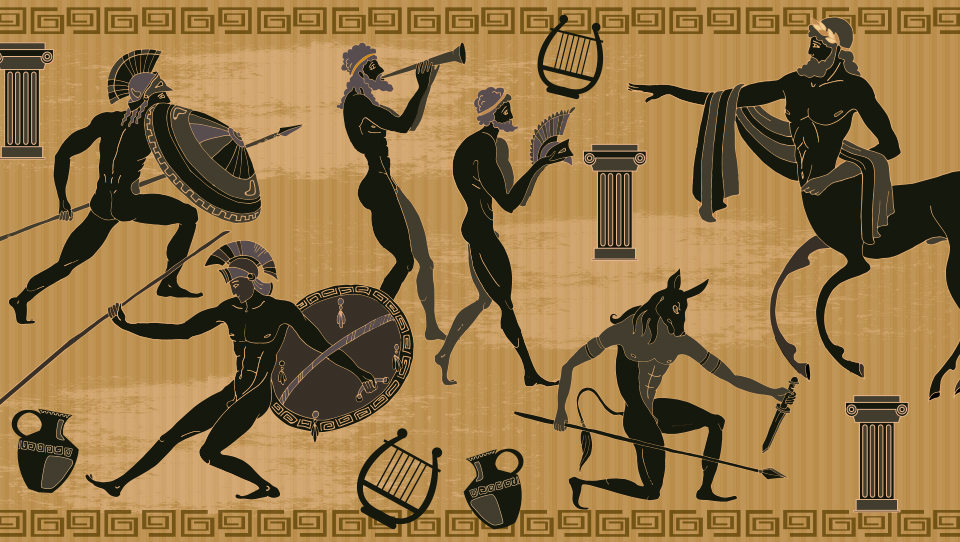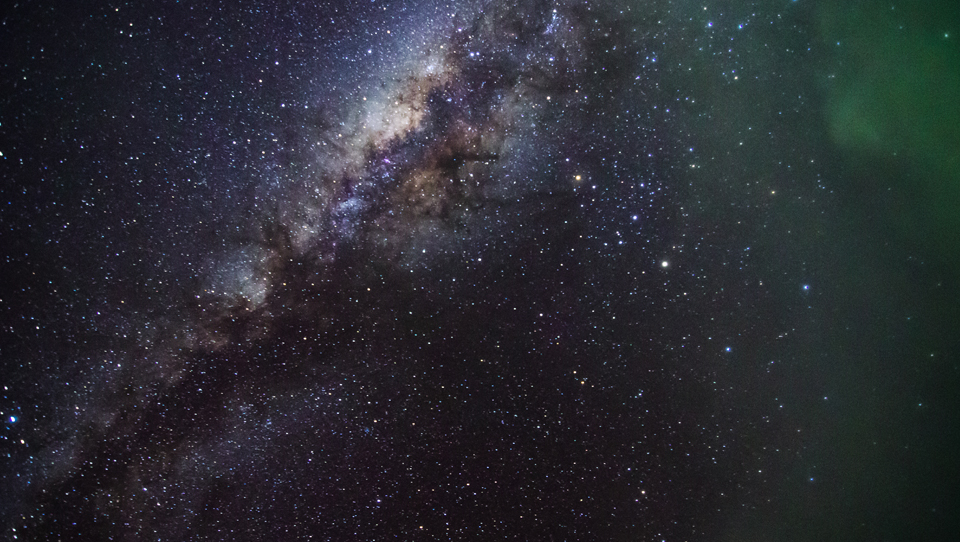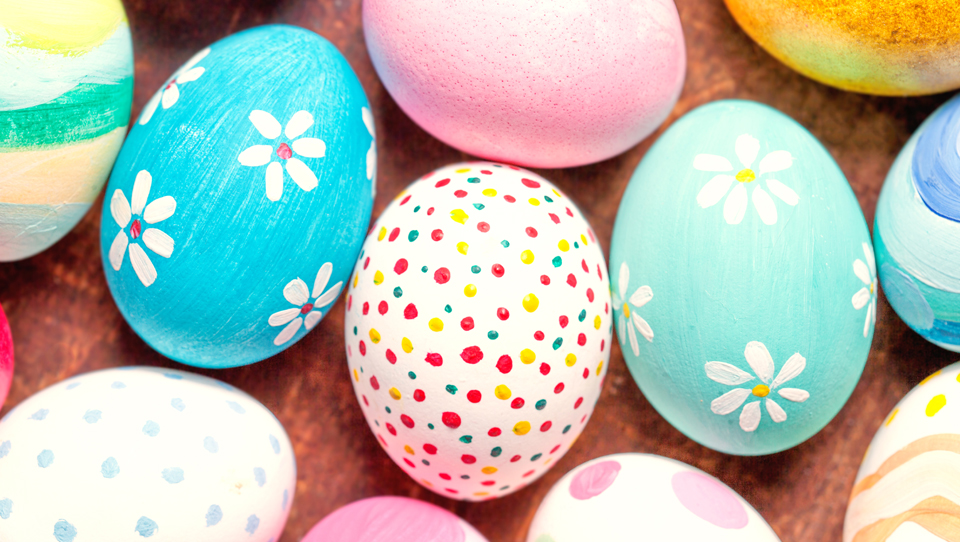
Eggs in mythology, folklore and belief
By Egg Farmers of Canada
Today in Canada, eggs and egg farming represent many things to many people: nutritious and delicious dishes, jobs and economic activity in Canadian communities, and a fresh and affordable food item of local production.
In fact, eggs have always held special meaning and significance in our lives—as far back as human history has been recorded, eggs have had a unique status in the myths and folklore of our predecessors. For many cultures and beliefs around the world, eggs have been used to symbolize the genesis of gods, the earth and of life.
Read on to take a distant look back at how different cultures around the world have used eggs to symbolize and understand the world.
 Similarly, the ancient Egyptians believed that Ra, the sun god, was hatched from a cosmic egg. Egyptians also commonly thought of the sun itself as an egg—one that had not only been laid by Seb, a goose residing in the heavens, but that had also hatched the Phoenix.3
Similarly, the ancient Egyptians believed that Ra, the sun god, was hatched from a cosmic egg. Egyptians also commonly thought of the sun itself as an egg—one that had not only been laid by Seb, a goose residing in the heavens, but that had also hatched the Phoenix.3
 In Chinese mythology, the cosmic egg appears in numerous legends, one of which being that specific members of society could trace their ancestry to a princess who had laid eggs.5
In Chinese mythology, the cosmic egg appears in numerous legends, one of which being that specific members of society could trace their ancestry to a princess who had laid eggs.5
 Painting Easter eggs is a practice that many cultures have done for generations. For example, Iranians have decorated eggs as a part of Nowruz, the Iranian New Year that coincides with the vernal equinox.10
Eggs have been such an important part of our history for countless generations. It’s no wonder that they are a big part of what we do today.
They truly are something that we cannot do without!
Painting Easter eggs is a practice that many cultures have done for generations. For example, Iranians have decorated eggs as a part of Nowruz, the Iranian New Year that coincides with the vernal equinox.10
Eggs have been such an important part of our history for countless generations. It’s no wonder that they are a big part of what we do today.
They truly are something that we cannot do without!
Eggs in the Ancient World
One of the earliest examples of the egg as a mythological symbol can be found if we travel back to Ancient Greece, where Orphism was the popular religion of the time. Orphism placed a special significance on the egg: often depicted with a snake coiled1 around it, the Orphic Egg was believed to have hatched the primordial deity Phanes, who, in turn, created all of the other gods.2 Similarly, the ancient Egyptians believed that Ra, the sun god, was hatched from a cosmic egg. Egyptians also commonly thought of the sun itself as an egg—one that had not only been laid by Seb, a goose residing in the heavens, but that had also hatched the Phoenix.3
Similarly, the ancient Egyptians believed that Ra, the sun god, was hatched from a cosmic egg. Egyptians also commonly thought of the sun itself as an egg—one that had not only been laid by Seb, a goose residing in the heavens, but that had also hatched the Phoenix.3
To the East
Hinduism takes a similar approach to drawing connections between the egg and the cosmos. In the Chandogya Upanishads, a collection of Sanskrit texts, the egg is likened to all of creation: the shell as the heavens and the yolk as the earth.4 In Chinese mythology, the cosmic egg appears in numerous legends, one of which being that specific members of society could trace their ancestry to a princess who had laid eggs.5
In Chinese mythology, the cosmic egg appears in numerous legends, one of which being that specific members of society could trace their ancestry to a princess who had laid eggs.5
South Pacific symbols
If we travel next to the Society Islands within the South Pacific, we’ll find a similar egg-based mythology: creator of the world, Ta’aroa also comes forth from an egg, which then breaks in two, thus forming heaven and earth.6 Not far off in Australia, the Aboriginal Dreamtime held the egg as a symbol of the sun. This myth begins with Dinewan the emu and Brolga the dancing bird. During a quarrel between the two, Brolga took an egg from Dinewan’s nest and threw it skyward. On its way, the egg’s yolk struck wood, caught aflame, and transformed into the sun.7In the Western World
Eggs were often used in rituals as a way to encourage fertility for humans and Mother Nature. These practices endured, and we can still find examples from 17th-century France, where brides would break eggs to ensure pregnancy. Also, in Germany farmers would smear eggs on their ploughs in the spring—a fertility rite during sowing season.8 And in Ukraine, people would make Pysanka eggs by covering them in wax and decorations in honour of Dazhboh, the sun god. Eventually Christianity would supplant this custom by aligning Pysanka eggs with Easter celebrations.9 Painting Easter eggs is a practice that many cultures have done for generations. For example, Iranians have decorated eggs as a part of Nowruz, the Iranian New Year that coincides with the vernal equinox.10
Eggs have been such an important part of our history for countless generations. It’s no wonder that they are a big part of what we do today.
They truly are something that we cannot do without!
Painting Easter eggs is a practice that many cultures have done for generations. For example, Iranians have decorated eggs as a part of Nowruz, the Iranian New Year that coincides with the vernal equinox.10
Eggs have been such an important part of our history for countless generations. It’s no wonder that they are a big part of what we do today.
They truly are something that we cannot do without!
1,2,4 Chatterjee, R. (2011). The myth of the cosmic egg in Indic and Orphic traditions and its reception in the Latin West (Unpublished doctoral thesis). University of Calgary. https://www.collectionscanada.gc.ca
3,5,6,7 Wikipedia contributors. (2025, September). Cosmic egg. In Wikipedia. https://en.wikipedia.org
8,9 Lesiv, M. (2007). From ritual object to art form: The Ukrainian Easter egg pysanka in its Canadian context. Folklorica. https://journals.ku.edu
10 Pysanky – The art of the decorated egg, or the pysanka (from the Ukrainian verb pysaty, to write). (2025, March 28). Archaeology Now. https://www.archaeologynow.org